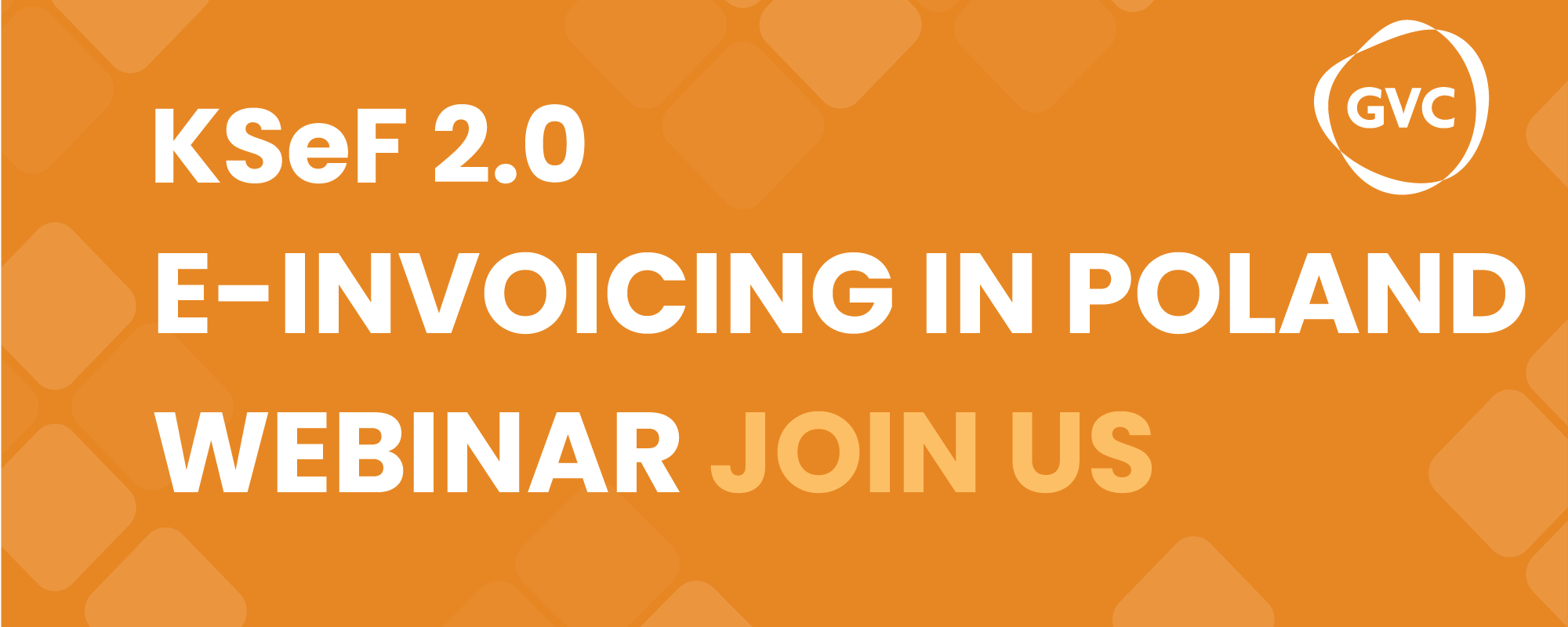- When a business sells goods to another EU country, it must determine if the delivery is subject to VAT or not
- The requirements for proof of intra-community deliveries are not material conditions
- If the business provides a proper invoice, confirms the VAT ID of the buyer, and obtains assurance that the goods will be transported to an EU destination, there is usually no reason to doubt the protection of trust
- Later findings by the German tax authorities, based on inspections in other member states, do not affect the tax exemption for the delivery
- The introduction of the confirmation of arrival raises questions about whether these principles still apply
- It is unclear what legal consequences arise if a careful supplier does not fill out the confirmation of arrival handed to the buyer in cases of collection
Source: datenbank.nwb.de
Note that this post was (partially) written with the help of AI. It is always useful to review the original source material, and where needed to obtain (local) advice from a specialist.
Latest Posts in "Germany"
- Germany Passes 2025 Tax Amendment Act: VAT Cuts for Restaurants, Individual Relief, Nonprofit Updates
- Many Companies Still Uncertain About E-Invoice Validation Despite New Legal Requirements
- Germany and France Synchronize E-Invoicing Standards Ahead of EU ViDA Mandates
- Corrected or Late Invoices? BFH Confirms VAT Recovery Still Possible
- Avoiding VAT by Withdrawing Assets Before Sale: New Legal Clarifications















